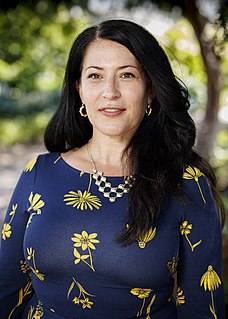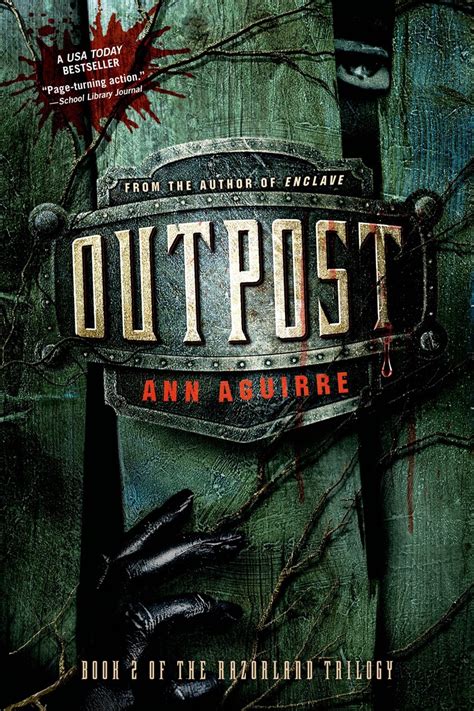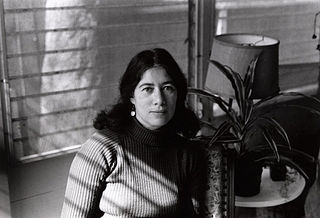A Quote by Ada Limon
Precise, graceful, and generous, the poems in SuperLoop, seem to be born out of a deep, careful attention and a profound compassion. Sometimes the quiet observer, sometimes the kid in the center of the messed-up carnival, these poems are the fireflies you’ve missed all winter, the longed-for return of the bees. Unaffected and inherently hopeful, Callihan’s work is as merciful as it is moving.
Related Quotes
I was walking every morning, and I'd take my iPod and paper and pen.?As I walked, I wrote a poem, and then I'd come home - and sometimes it's legible, sometimes not - I typed the poem up. So I have a new, yet to be published, collection of poems now. It's called Walker's Alphabet, and among other things, it is about walking. My most recent collection of poems in 2010, incidentally, was titled WALKING backwards.
I think that the casual reader and the lyric and confession are trickily tied up together. I mean often when I read my students' poems my first impulse is to say, "O, the subject of this pronoun, this 'I,' is whatever kid wrote this poem." The audience for lyric poems is "confessionalized" to some extent. And I think this audience tends to find long narrative poems, for instance, kind of bewildering.
Anne Pitkin's poems have such lyrical sweep, such a sensitive eye for the natural world as it touches the human, that reading Winter Arguments is like seeing a landscape or, better, a richly realized painting of a landscape dotted with figures. But that would leave out their music, which would be a loss. This is a wise and graceful book by a well-traveled woman who knows how to confront deep feeling and frame it to make it all the more intense.
There is nothing “still” in the remarkably visceral poems of Alexander Long's third collection, Still Life, and nothing is at rest in these restless and edgy poems. Conversational and kinetic, these poems chart the traces left by the shifting overlays of the templates of literature, rock-and-roll, and contemporary culture. As each poem in Still Life attempts to fix a focus upon a scene or subject, the protean natures under view draw the poet into the eddies and complexities of reflection. This is a powerful and moving collection of poems.
In Advance of All Parting is a tough, unsentimental examination of marital grief. Musically elegant and inventive, understated and passionate, the poems give us a profound glimpse into how the events of a life can form a center of gravity that fixes the self in its force field. Theres a cold, truth-telling clarity about them that makes them as unsettling as they are beautiful. Ansie Baird has created a richly-drawn world in which this elemental drama plays out, and the result is vivid, startling poems in which pain has left its indelible tracks.







































